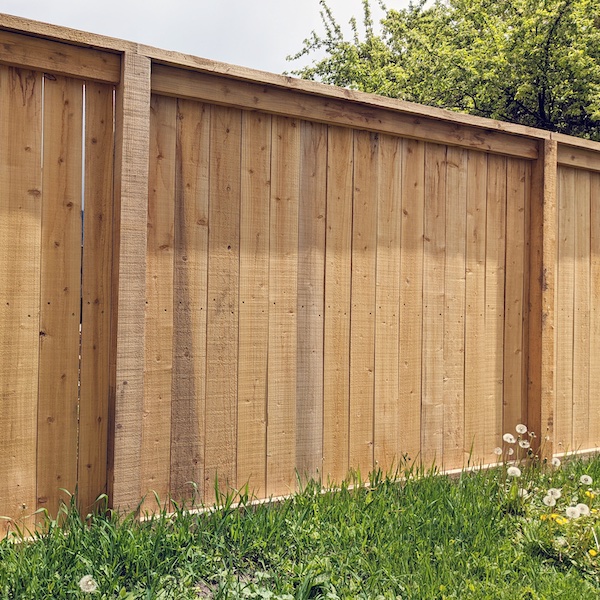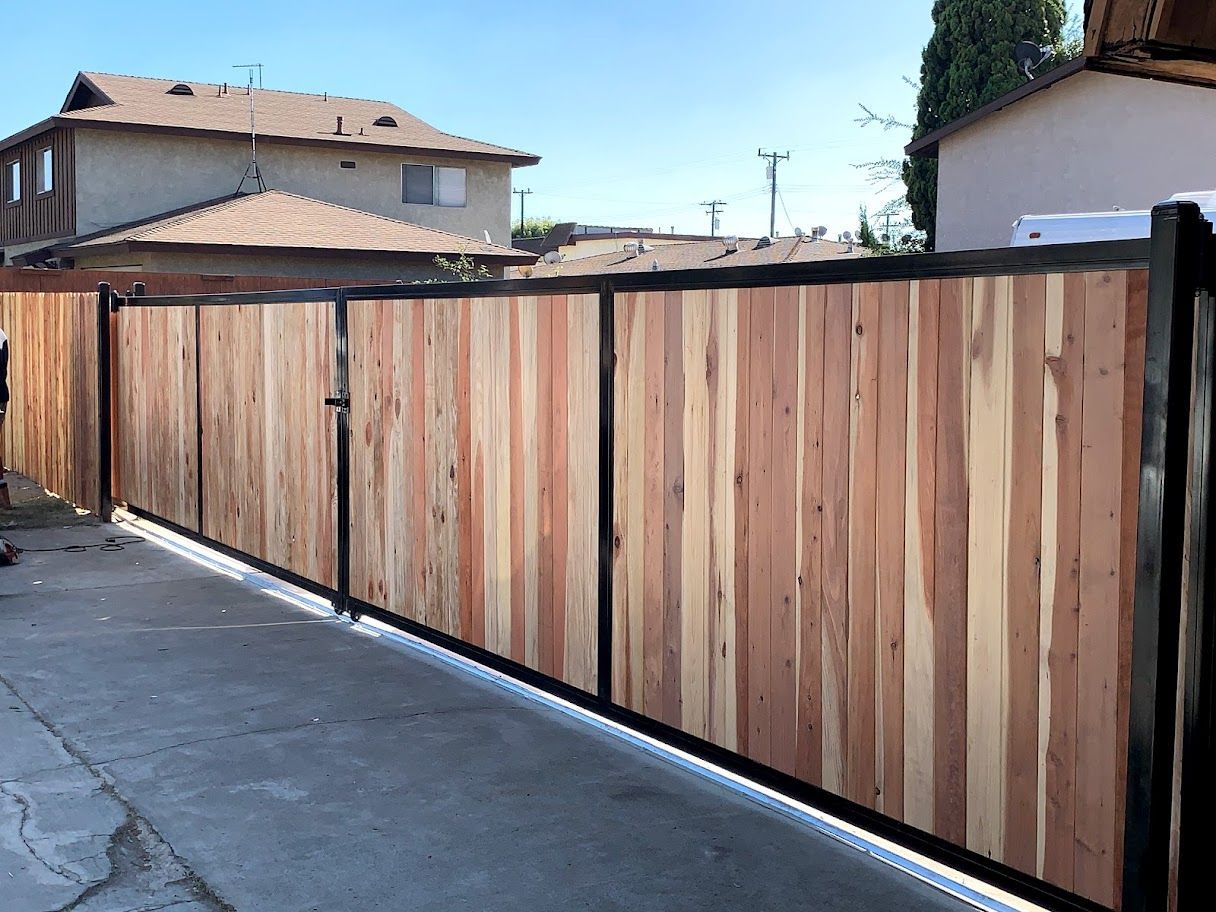All Categories
Featured

Choosing the right kind of fencing for your residential or commercial property is a substantial decision that can influence both the visual appeals and performance of your space. Whether you're seeking privacy, safety and security, or merely an ornamental function, there are numerous elements to consider when selecting the optimal fencing. Below are some key factors to consider to assist lead your decision-making procedure.
- Determine the Objective of the Fencing. The very first step in choosing the ideal type of fencing is to clarify its function. Different fencings offer various functions, and understanding your certain demands will help limit your options. Take into consideration the complying with:
Privacy: If you're looking for personal privacy, a solid and tall fence such as timber or vinyl will stop prying eyes from seeing into your lawn. Safety and security: For safety objectives, a strong, high fencing made from aluminum or steel can prevent trespassers and supply comfort. Aesthetic Allure: A decorative fence made from functioned iron, light weight aluminum, or picket-style wood can include charm and curb interest your home. Pet Dog or Animal Containment: If you need to contain pet dogs or animals, a durable fencing like chain link or wood might be needed to stop them from running away. 2. Take into consideration the Material. It's time to choose the product when you have actually developed the fence's key objective. Each kind of material includes its own collection of benefits and challenges. Below are some typical materials to take into consideration:
Timber: Timber fences are adjustable and versatile, offering privacy and a classic appearance. They're ideal for country homes or typical homes yet require routine maintenance to prevent rot, warping, or insect problem. Vinyl: Plastic fencings are low-maintenance, sturdy, and readily available in a variety of styles. They will not fracture, warp, or fade, making them an excellent option for those that want a lasting, problem-free fencing. Plastic can be much more expensive upfront than wood. Aluminum: Light weight aluminum fencings provide a streamlined, modern look and are sturdy, rust-resistant, and require very little maintenance. They typically don't use as much privacy as wood or plastic, as the slats are usually spaced apart. Chain Link: Chain web link fences are commonly used for safety or to have pet dogs. They are resilient and affordable, yet they don't offer much privacy or aesthetic allure unless you include slats or personal privacy screens. 3. Aspect in the Climate and Upkeep Needs. Your area's climate can substantially affect the lifespan and upkeep requirements of your fencing. If you stay in a location with high moisture or constant rain, materials like wood may require added care to prevent rot or mold development. On the other hand, plastic and aluminum fences are resistant to the aspects and need a lot less upkeep.
In addition, consider the amount of time and effort you agree to commit to fence maintenance. Wood fencings require normal discoloration or painting to keep their look, while vinyl and aluminum require far much less maintenance.
- Think About Toughness and Lifespan. Think about the length of time you want your fence to last. , if you're looking for a fence that will certainly last for decades with little maintenance, vinyl and light weight aluminum are exceptional options.. While timber fencings can last 10-20 years with correct treatment, they might not stand up to the examination of time along with various other products.
Likewise, consider your budget plan. Materials like wood and chain web link tend to be more economical upfront, while vinyl and light weight aluminum often tend to find with a higher first cost however offer long-term resilience.
- Suit the Fence to Your Home Style. The kind of fencing you select ought to match the general appearance and feel of your building. An appropriate fencing can enhance your home's visual charm, while an improperly picked fence can detract from it. :
Conventional Residences: A timeless timber picket fence or a functioned iron fence functions well with older, extra conventional homes. Modern Homes: For a modern look, sleek products like aluminum or vinyl can match contemporary architecture. Country or Ranch Qualities: A wood or cable fence might be ideal for country properties or farms, where functionality is simply as essential as appearances. 6. Inspect Local Regulations and HOA Guidelines. Prior to making your final decision, examine your neighborhood zoning laws and any type of HOA (Homeowners Association) guidelines to ensure that your wanted fencing complies with elevation restrictions, product demands, and various other neighborhood laws. Some areas have certain policies regarding the appearance of fencings, particularly in household areas.

Conclusion. Choosing the best fence for your residential property calls for cautious factor to consider of your requirements, spending plan, and the style of your home. Whether you're focusing on personal privacy, safety, or aesthetic allure, there's a fence product and layout that will certainly suit your needs. By considering the elements described above, you can make an informed decision and choose a fencing that will boost the performance and beauty of your building for years to come.
Latest Posts
Trustworthy Overhead Door Solutions for Homes and Companies
Published en
1 min read
Selecting the Right Roof Covering Color: Effect on Energy Efficiency
Published en
1 min read
Uncover Montclare Auto Repair’s Leading Car Care Solutions and Why Drivers Trust Them
Published en
1 min read
More
Latest Posts
Trustworthy Overhead Door Solutions for Homes and Companies
Published May 25, 25
1 min read
Selecting the Right Roof Covering Color: Effect on Energy Efficiency
Published May 23, 25
1 min read
Uncover Montclare Auto Repair’s Leading Car Care Solutions and Why Drivers Trust Them
Published May 23, 25
1 min read